By Marcia Smith, LPC, NCC
Director, Right Side Up
There seems to be a misconception when people think or talk about someone being vulnerable. Most of the messages that the majority of us have received throughout our lives have led us to associate the word vulnerable with being weak. Society reinforces this negative concept through messages like “don’t let them see you sweat” or “never allow anyone to see you cry.” Advertising and social media take it a step further by promoting various medications that allegedly elevate the pain or mental suffering a person may be enduring. Consequently, many individuals travel down the path of addiction as a solution to their problems.
During my time with MARR’s Right Side Up (RSU) program, I have seen how detrimental this concept can be on a person’s journey of recovery. Most clients’ defenses are already up the moment they contact us for help or walk through the door for admission. The ability to acknowledge their shortcomings or vulnerabilities is greatly minimized.
When the treatment process begins, a client’s ideas of what it means to be vulnerable are challenged. She gains new insight about the importance of embracing vulnerability—how it leads to living an abundant life versus merely surviving from day to day. Learning to be vulnerable means having the capability of being physically and emotionally wounded or hurt. All of the women we serve at Right Side Up have experienced some type of emotional and/or physical abuse. They struggle with disclosing these experiences and acknowledging the impact they have had on their lives. Yet, the 12-Step process asks them to share their experiences with one another. Embracing vulnerability may be a foreign concept, but it can aid clients in discovering how their unhealthy coping strategies and defenses have stunted their emotional and spiritual growth.
The willingness to put oneself out there can also bring about healing, growth and the ability to overcome life’s challenges or struggles. This helps prevent past experiences from keeping the individual ‘stuck’ in addictive behaviors; instead, she recognizes that exploring healthier solutions and living a more prosperous life is a choice. She becomes empowered through her own vulnerability.
Rather than looking at vulnerability as something that should be avoided, the staff at RSU embraces, promotes and utilizes it as a tool to help clients live in a place of authenticity. In the words of Brene’ Brown, PhD, LMSW, “Owning our story can be hard but not nearly as difficult as spending our lives running from it. Embracing our vulnerabilities is risky but not nearly as dangerous as giving up on love and belonging and joy—the experiences that make us the most vulnerable. Only when we are brave enough to explore the darkness will we discover the infinite power of our light.”
Marcia Smith, LPC, NCC graduated from Argosy University in 2007, earning her master’s degree in Professional Counseling. She is a licensed professional counselor in the state of Georgia and a member of the National Board of Certified Counselors (NBCC). She started her career in the field of addiction treatment while completing her internship at Café 458, where she serviced disabled homeless men and women dealing with mental health and chemical dependency issues. Soon after completing her internship, Marcia joined MARR’s Right Side Up program as an Employment Specialist. Over the past five years, Marcia has held other positions with Right Side Up, including Intake Coordinator and Primary Counselor. In 2013, she accepted the position as Program Director.
